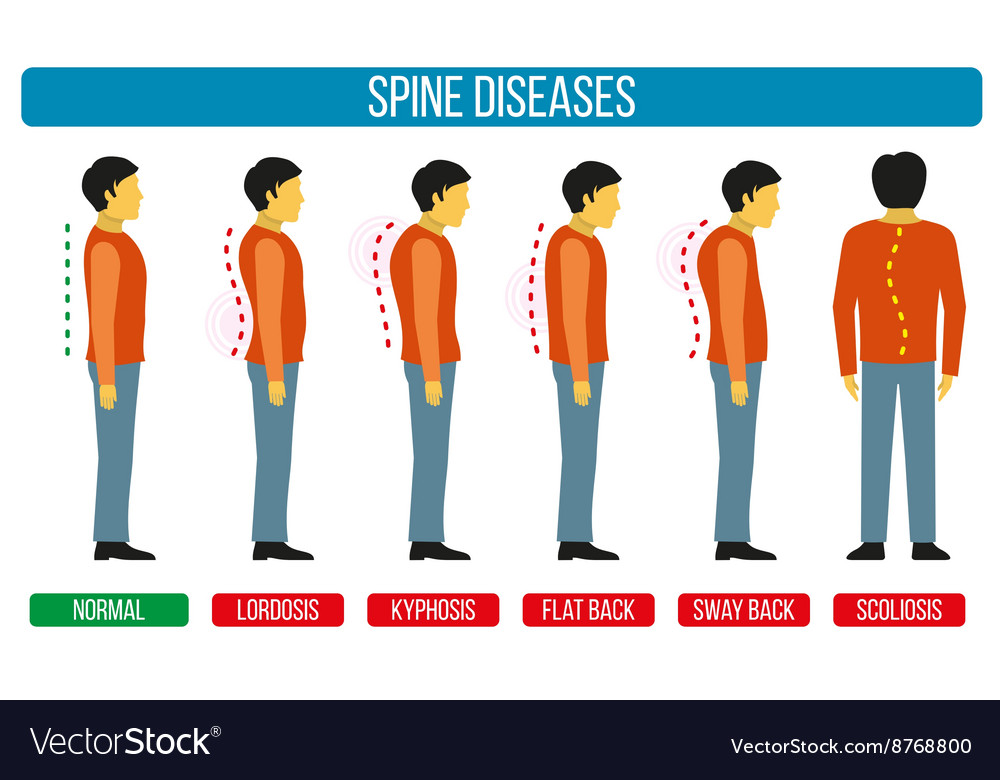The Duty Of Nourishment In Back Pain Monitoring: Foods To Eat And Prevent
The Duty Of Nourishment In Back Pain Monitoring: Foods To Eat And Prevent
Blog Article
Material By-Whitley Jordan
When it involves managing your neck and back pain, the food options you make can significantly impact just how you feel daily. Imagine being able to alleviate your discomfort just by adjusting what you consume. By understanding the function of nutrition in back pain monitoring and recognizing which foods to include or stay away from, you can take positive actions in the direction of a much healthier and a lot more comfy lifestyle. The link in between nourishment and back health is much more profound than you might recognize-- let's explore how specific foods can either calm or worsen your pain in the back.
Relevance of Nutrition in Neck And Back Pain
Nutrition plays a critical role in taking care of back pain. Your diet regimen can substantially impact inflammation levels and total pain degrees in your back. Eating a balanced diet rich in nutrients like vitamins D and K, calcium, magnesium, and omega-3 fatty acids can help in reducing swelling and enhance bones, which are essential for back health.
In addition, keeping a healthy and balanced weight through correct nourishment can alleviate stress and anxiety on your spinal column, minimizing the risk of neck and back pain.
Additionally, certain nutrients like antioxidants discovered in vegetables and fruits can assist fight oxidative stress and anxiety and advertise recovery in the body, consisting of the back muscles and spinal column.
On the other hand, consuming excessive amounts of processed foods, sugary drinks, and unhealthy fats can contribute to inflammation and weight gain, aggravating back pain.
Foods to Consume for Back Health
To sustain a healthy back, including nutrient-rich foods into your everyday meals is vital. Consisting of foods high in anti-oxidants like berries, spinach, and kale can help reduce swelling in your back, easing discomfort and pain. Omega-3 fats found in fatty fish such as salmon and mackerel have anti-inflammatory residential properties that can profit your back health and wellness.
Furthermore, consuming nuts and seeds like almonds, walnuts, and chia seeds offers important nutrients like magnesium and vitamin E, which sustain muscle function and decrease oxidative tension. Incorporating lean proteins such as poultry, turkey, and tofu can aid in muscle mass fixing and maintenance, advertising a solid back.
Don't fail to remember to consist of milk or strengthened plant-based choices for calcium to sustain bone wellness. Lastly, moisten with lots of water to keep your back discs moisturized and operating ideally. By including these nutrient-dense foods in your diet plan, you can nourish your back and support general spinal health.
Foods to Avoid for Pain In The Back
Go with preventing refined foods high in added sugars and trans fats when seeking relief from neck and back pain. These types of foods can contribute to swelling in the body, which may worsen neck and back pain. Say no to best chiropractor ny like candy, pastries, and sweet drinks, in addition to fast food items like hamburgers, french fries, and fried hen that are usually packed with trans fats.
Additionally, stay away from foods containing high degrees of refined carbohydrates, such as white bread, pasta, and breads, as they can increase blood sugar level levels and possibly aggravate inflammation in the body.
It's also important to restrict your intake of foods high in hydrogenated fats, like red meat and full-fat milk items, as they can contribute to inflammation. Processed foods like deli meats, chips, and packaged treats are typically high in saturated fats and should be consumed in small amounts.
Conclusion
Finally, taking notice of your diet plan and making clever food selections can have a significant impact on handling neck and back pain. By integrating chiropractor new york city -rich foods like berries, fatty fish, nuts, and lean proteins, and staying clear of processed and sweet products, you can help in reducing inflammation and assistance overall back health and wellness. Bear in mind, what you eat plays an important function in exactly how you really feel, so see to it to prioritize your nourishment for a healthier back.
